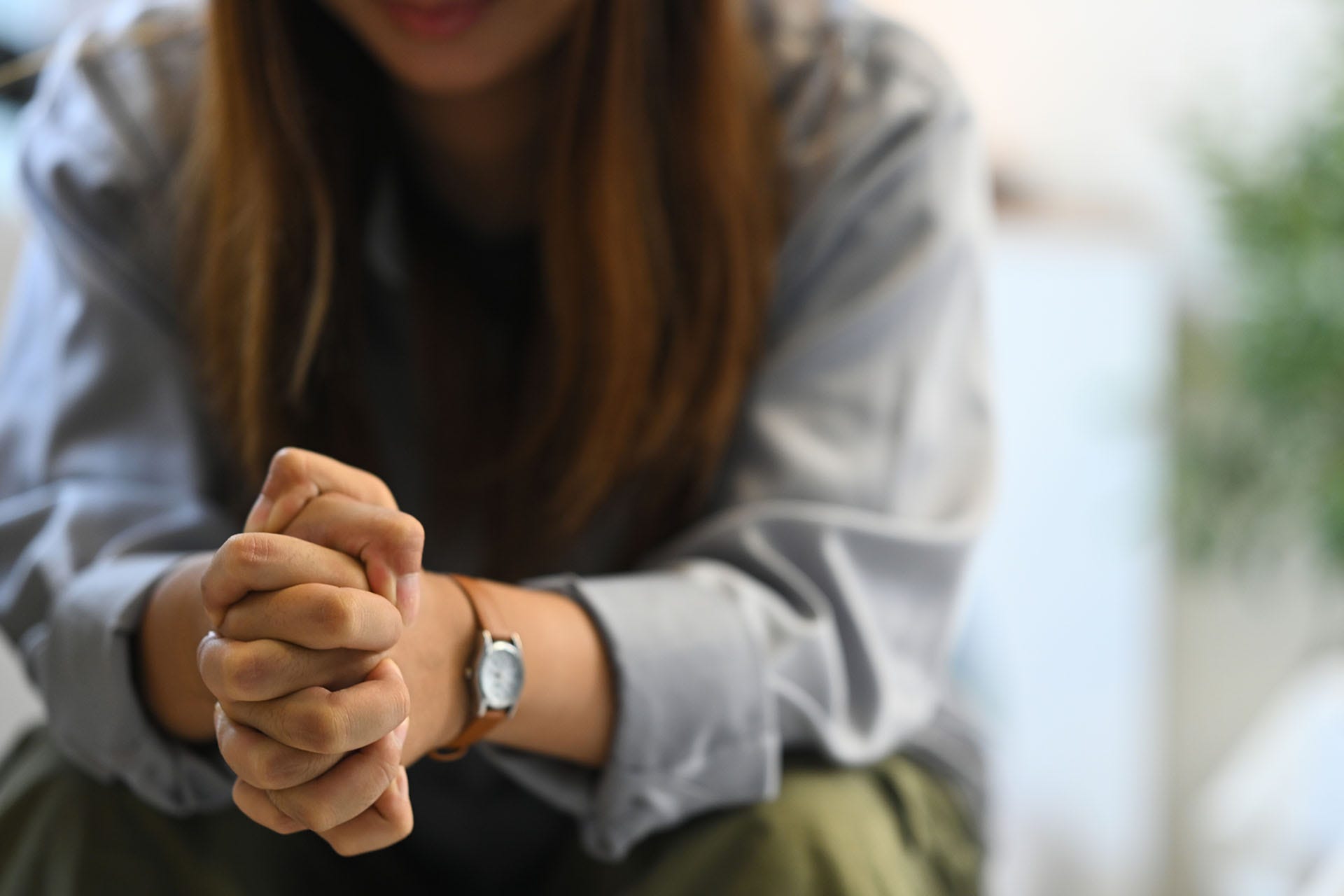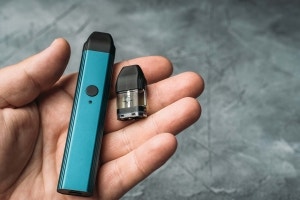Can CBD Make You Anxious? Side Effects & Usage of CBD
What to know about CBD and anxiety.

With CBD booming in the wellness world, it’s no wonder people are turning to this natural remedy for help with stress, pain relief, and better sleep. But amidst the praises sung about its benefits, some users report experiencing an unexpected side effect—anxiety. Can CBD really make you anxious? Or is there more to the story?
This guide dives into the potential side effects of CBD, why many swear by its positive impact, and why research is key to understanding its full potential. Whether you’re a long-time CBD user or just starting your wellness journey, this article will help you make informed decisions about its use.
What is CBD and Why Is It Popular in Wellness?
CBD, short for cannabidiol, is a compound found in the cannabis plant. Unlike its better-known cousin THC (tetrahydrocannabinol), CBD isn’t psychoactive—meaning it doesn’t make you feel “high.” This makes CBD an appealing option for those seeking natural relief from various ailments without intoxication.
Over the past decade, CBD has soared in popularity for its potential to reduce pain, alleviate stress, and even help with conditions like epilepsy. You’ll find it in all sorts of forms—oils, gummies, creams, and even beverages. For many people, CBD represents a step toward holistic health and wellness.
But as the saying goes, not everything works the same for everyone.
Can CBD Make You Anxious?
While CBD is generally praised for its calming effects, there are some reports of users feeling more anxious after taking it. Why might this happen?
1. Individual Biochemistry
Every person’s body reacts differently to substances. What’s calming for one individual might have the opposite effect on another. For some, this could mean heightened anxiety, especially if their endocannabinoid system—or the network of receptors in the body that interacts with CBD—responds unusually.
2. Dosage Sensitivity
CBD affects people differently depending on the dosage. A low dose might have calming effects, while a higher dose could trigger overstimulation or unease in some individuals. It’s essential to start small when trying CBD and gradually increase to find your sweet spot.
3. Quality and Ingredients
Not all CBD products are created equal. Poor-quality CBD may contain contaminants like pesticides, heavy metals, or even residual THC, which could contribute to feelings of unease. Always choose reputable, third-party-tested products to ensure you’re getting a clean and pure supplement.
4. Placebo Effect or Psychological Association
Sometimes, people might anticipate certain side effects because of anxiety or preconceptions. If you approach CBD use with apprehension, that mindset alone could amplify feelings of anxiety.
The scientific research on whether CBD directly causes anxiety is limited. While there’s anecdotal evidence of this unusual side effect, the overwhelming majority of studies point to CBD having anxiolytic (anxiety-reducing) properties.
What Are the Side Effects of CBD?
Like most supplements, CBD can have side effects. While it’s generally well-tolerated, here’s what you should be aware of before integrating CBD into your routine.
• Dry Mouth: This is one of the most common side effects and can often be mitigated by staying well-hydrated.
• Fatigue/Drowsiness: Some users report feeling groggy after taking CBD, particularly at higher doses.
• Changes in Appetite or Weight: CBD can influence appetite, either increasing or decreasing it depending on the user.
• Nausea or Digestive Issues: Poor-quality products or higher doses can sometimes upset the stomach.
• Potential Interaction with Other Medications: CBD might interact with medications like blood thinners or antidepressants. This is why consulting a healthcare professional before adding CBD to your wellness plan is crucial.
Remember, side effects often vary depending on the individual, product quality, and dosage.
Why Do Many People Use CBD?
Despite reports of side effects, CBD boasts a plethora of benefits loved by users worldwide. Here are some of the top reasons people incorporate CBD into their daily lives.
1. Pain Management
Chronic pain sufferers, particularly those dealing with conditions like arthritis, often turn to CBD for its anti-inflammatory properties. Studies suggest CBD could help alleviate discomfort and stiffness, offering a natural alternative to over-the-counter painkillers.
2. Stress and Anxiety Reduction
CBD is widely known for its calming effects, with many users reporting lower stress levels and reduced anxiety. Studies suggest that CBD may influence serotonin receptors in the brain, potentially explaining why many users report feeling more relaxed.
3. Improved Sleep Quality
Struggling with poor sleep? For some, CBD has emerged as a natural sleep aid, helping users fall asleep faster and stay asleep longer though this is largely anecdotal.
4. Supporting General Wellness
From boosting mood to promoting healthier skin through topical products, CBD is a versatile wellness tool for those seeking balance and self-care.
Why We Need More Research on CBD
Despite its growing popularity, CBD remains under-researched. While initial studies appear promising, many unanswered questions remain about how CBD interacts with the body.
The lack of regulation in the CBD market also complicates matters, as it’s difficult for consumers to know exactly what’s in their products. This highlights the importance of purchasing from reputable brands that test for purity and potency.
Ultimately, more comprehensive studies can help determine why some people might experience anxiety or side effects with CBD, as well as establish clear dosing guidelines for optimal results.
Should You Try CBD?
While CBD offers countless benefits, it’s not a one-size-fits-all solution. If you’re considering trying CBD, here are some quick tips to get started safely.
• Consult a Healthcare Professional: Especially if you’re on other medications or have a history of anxiety.
• Start Low, Go Slow: Begin with a small dose to gauge how your body responds.
• Choose High-Quality Products: Look for third-party-tested CBD free from contaminants.
• Listen to Your Body: If CBD makes you feel uneasy or anxious, discontinue use and consult your doctor.
Your Wellness, Your Way
The relationship between CBD and anxiety is nuanced—what helps some may not work the same for others. However, with proper research, attention to quality, and mindful use, CBD has the potential to be a powerful ally in your wellness toolkit.
Have you tried CBD before? Share your experiences or questions in the comments below. And if you’re ready to explore CBD products that are third-party tested and carefully curated, check out our collection today.











